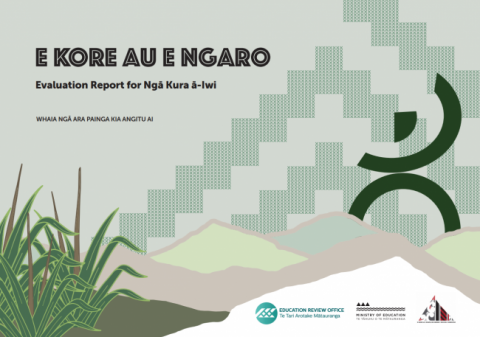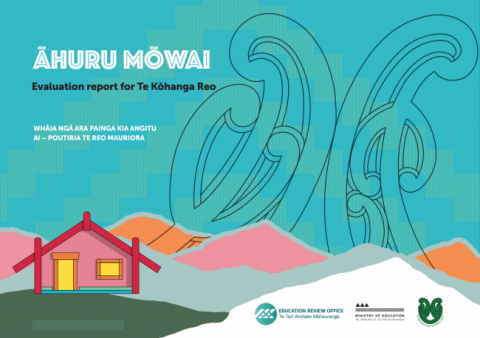Modern learning environments
Published: 04 Sep 2017
The Modern Learning Environment requires practices and behaviours of both teachers and learners to that optimise the potential of the flexible learning spaces and digital tools.
- Audience:
- Education
- Parents
- Schools
- Content type:
- Research
- Topics:
- Improvement
- Modern Learning Practice (MLP)
- Curriculum
- Teaching
- Evaluation indicators
- Video
- Improvement in Action Te Ahu Whakamua





